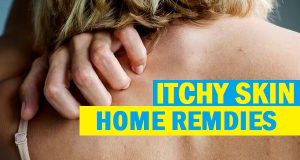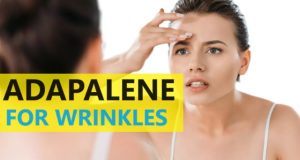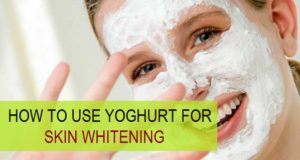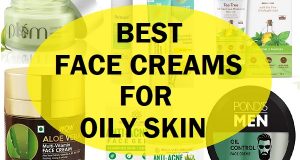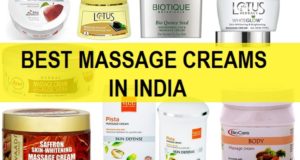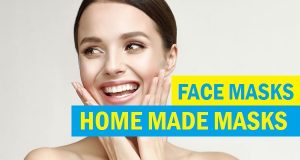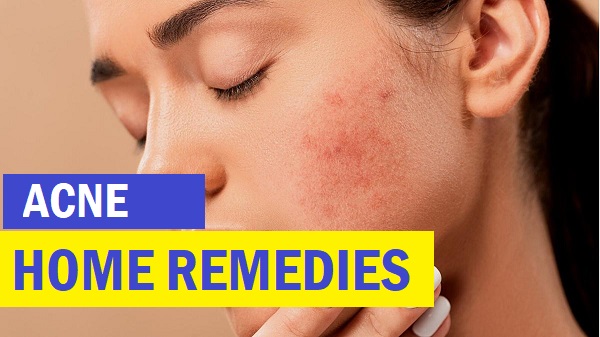
Are you tired of constantly cancelling plans due to unexpected breakouts? Do acne symptoms persist despite your immense efforts to keep the breakouts at bay? P. acnes, the notorious acne culprit, can be a girl’s worst enemy, and for some, it’s even worse. No one wants a pesky zit sitting right on top of the forehead, nose, or chin for that matter. If you find yourself in need of heavy-duty acne treatment, a visit to the dermatologist is your best option. However, for those who experience occasional and minor breakouts caused by factors like diet, lifestyle, stress, or hormonal changes, we have compiled a list of home remedies for acne and clinical treatments to help you combat those stubborn zits.
Major Causes of Acne and Pimples: What Make them Pop Up
- Excess Sebum Production:
If you have oily skin, you are more prone to developing acne. Excess sebum production can clog your pores, providing a breeding ground for bacteria and resulting in acne. Additionally, dead skin cells and trapped hair follicles can lead to blackheads and whiteheads.
- Hormonal Imbalance:
Hormonal imbalances are another factor contributing to acne. During puberty, androgens cause the sebaceous glands to enlarge and produce more sebum, leading to acne. Hormonal changes during pregnancy or the use of oral contraceptives can also affect sebum production. In some cases, conditions like polycystic ovary syndrome (PCOS) can be a major cause of acne.
- Diet:
Diet plays a crucial role in maintaining skin health. Certain food items, such as dairy products, sugar, and carbohydrate-rich foods like milk, bread, bagels, chocolates, chips, and deep-fried foods, can worsen acne. While giving up these foods completely may not be easy, managing portion sizes and maintaining a balanced diet can help keep acne under control.
- Stress:
Stress can have a significant impact on our skin, often exacerbating acne symptoms. Your skin may appear more flawless during vacation than when you’re dealing with work-related stress. Engaging in calming activities like meditation and yoga can help manage stress levels effectively. Remember to take deep breaths when things become overwhelming.
- Genetics:
Unfortunately, genetics is a factor that is beyond our control. If your parents had or have acne, there’s a higher likelihood that you may experience it too.
Remember, everyone’s skin is unique, and what works for one person may not work for another. It’s essential to find the right balance of remedies and treatments that suit your specific skin needs. If your acne persists or worsens, it’s recommended to consult with a dermatologist for personalized guidance and appropriate treatment options.
Read on to know all about home remedies for acne:
Best Home Remedies For Acne: Effective Home Remedies for Acne-Prone Skin
When dealing with acne, it’s important to remember that there is no quick-fix solution. However, several home remedies can help alleviate symptoms and promote healthier skin. Consider these unique and natural remedies to address acne-prone skin:
Harness the Power of Tea Tree Oil:
Recognized for its antibacterial properties, tea tree oil effectively reduces inflammation and eliminates acne-causing bacteria. Dilute tea tree oil with a carrier oil like coconut or jojoba oil, then apply it to the affected areas using a cotton swab.
Soothe with Honey:
Honey possesses antimicrobial and anti-inflammatory properties that can help calm and heal acne-prone skin. Apply raw honey directly to the affected areas, leaving it on for 10-15 minutes before rinsing off with warm water.
Balance Skin pH with Apple Cider Vinegar:
Apple cider vinegar’s acidic nature helps balance the skin’s pH and minimize acne appearance. Mix one part apple cider vinegar with three parts water, apply it to the skin using a cotton pad, and leave it on for a few minutes before rinsing off.
Experience the Benefits of Aloe Vera:
Aloe vera gel is renowned for its anti-inflammatory and soothing properties, making it an ideal remedy for reducing redness and irritation caused by acne. Extract the gel from an aloe vera leaf and apply it directly to the affected areas. Leave it on for 10-15 minutes before rinsing off.
Harness the Antioxidants of Green Tea:
Green tea is packed with antioxidants and anti-inflammatory compounds that can effectively reduce acne symptoms. Brew a cup of green tea, allow it to cool, then apply it to the skin using a cotton ball. Leave it on for 10-15 minutes before rinsing off. It’s also great for the pimple scars on face.
Exfoliate with Lemon Juice:
The acidic properties of lemon juice act as a natural exfoliant, helping to remove dead skin cells and control oiliness. Dilute fresh lemon juice with an equal amount of water, apply it to the affected areas with a cotton pad, and leave it on for 10-15 minutes before rinsing off.
Control Oil Production with Witch Hazel:
Witch hazel serves as an astringent, regulating oil production and reducing inflammation. Apply witch hazel to the affected areas using a cotton ball, leave it on for a few minutes, then rinse off with water. This is best remedy for pimples and scarring.
Remember to conduct a patch test before applying any home remedy to your entire face to ensure it does not cause adverse reactions. If your acne persists or worsens despite home remedies, it’s advisable to consult a dermatologist for personalized advice and suitable treatment options.
Best Over The Counter Acne Treatments
When it comes to treating acne, there are several clinical treatments available that can effectively address the condition. It’s important to consult with a dermatologist who can evaluate your specific case and recommend the best treatment options tailored to your needs. Here are some common clinical treatments for acne:
Topical Retinoids: Retinoids, such as tretinoin, adapalene, and tazarotene, are effective in unclogging pores, reducing inflammation, and promoting skin cell turnover. They help prevent new acne lesions from forming and can improve the overall appearance of the skin.
Oral Medications: Dermatologists may prescribe oral medications like antibiotics (such as doxycycline or minocycline) or hormonal therapies (such as oral contraceptives or spironolactone) for moderate to severe acne. These medications target the underlying causes of acne, such as bacteria or hormonal imbalances.
Isotretinoin: Isotretinoin, also known as Accutane, is a potent oral medication used for severe and resistant acne. It effectively reduces oil production, prevents acne formation, and can lead to long-term remission. Isotretinoin requires close monitoring due to potential side effects and requires careful consideration and discussion with a dermatologist.
Chemical Peels: Chemical peels involve applying a solution to the skin, which causes exfoliation and removal of the outermost layer. This helps improve acne by unclogging pores, reducing oiliness, and promoting skin cell turnover. Different types of peels (such as salicylic acid, glycolic acid, or lactic acid peels) can be used based on the severity of acne and individual skin type.
Laser and Light Therapies: Laser and light-based therapies target acne-causing bacteria, reduce inflammation, and minimize oil production. Treatments such as blue light therapy, pulsed dye laser, or photodynamic therapy can be used to effectively treat acne, especially for those with resistant or inflammatory acne.
Steroid Injections: For severe cystic acne or large inflammatory acne lesions, dermatologists may administer corticosteroid injections directly into the affected areas. This helps reduce inflammation and promotes faster healing, providing quick relief from painful or persistent acne.
It’s important to note that clinical treatments should be administered by a qualified dermatologist who can assess your skin condition and determine the most suitable approach for your specific acne type and severity. They will also provide guidance on proper skincare routines and lifestyle modifications to complement the clinical treatments and maintain long-term results.
 Tips and Beauty Site about Skin care, Hair care, Health, weight loss and lifestyle tips
Tips and Beauty Site about Skin care, Hair care, Health, weight loss and lifestyle tips

